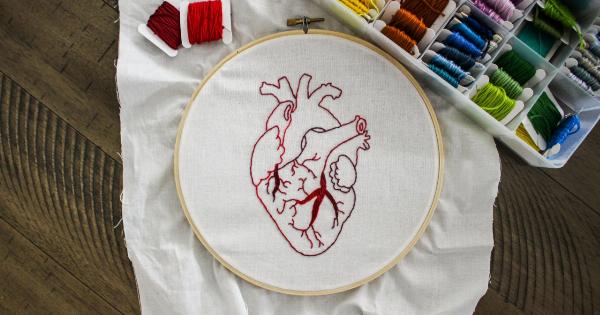Being diagnosed with diabetes mellitus doesn’t mean you have to give up enjoying a drink every now and then. However, it’s essential to understand the impact alcohol can have on your blood sugar levels and overall health.
By learning how to drink responsibly and making mindful choices, you can still savor a drink without compromising your diabetes management plan.
1. Understand Alcohol and its Effects on Blood Sugar
Alcohol is processed differently in the body compared to other nutrients. It can initially cause a drop in blood sugar levels, followed by a gradual increase. This can be risky for individuals with diabetes, especially if not managed properly.
Regular alcohol consumption may also interfere with diabetes medications and liver function.
2. Consult Your Healthcare Team
Prior to indulging in alcoholic beverages, consult your healthcare team, including your doctor and registered dietitian. They can give you personalized advice based on your specific diabetes management plan, medications, and overall health.
They can help you understand any potential risks or adjustments you may need to make.
3. Moderation is Key
When it comes to alcohol and diabetes, moderation is crucial. The American Diabetes Association suggests that women limit their alcohol consumption to one drink per day, and men to two drinks per day.
One drink is defined as 12 ounces of regular beer, 5 ounces of wine, or 1.5 ounces of distilled spirits.
4. Choose Low-Sugar and Low-Carb Options
Some alcoholic beverages, such as sugary cocktails or sweetened mixed drinks, can significantly impact blood sugar levels. Opt for dry wines, light beers, or spirits mixed with sugar-free mixers or soda water.
Be cautious of flavored spirits or mixers that may contain added sugars.
5. Avoid Drinking on an Empty Stomach
Drinking alcohol on an empty stomach can lead to a rapid drop in blood sugar levels. Eat a balanced meal or snack that includes carbohydrates, proteins, and healthy fats before consuming alcohol.
This can help stabilize your blood sugar levels and lessen the impact of alcohol on your body.
6. Monitor Your Blood Sugar Levels
Regularly monitor your blood sugar levels, especially before, during, and after consuming alcohol. This will help you understand how your body reacts and enable you to make necessary adjustments to keep your levels within the target range.
Consider wearing a continuous glucose monitor for real-time tracking.
7. Stay Hydrated
Alcohol can have a dehydrating effect on the body. Make sure to drink plenty of water or other non-alcoholic, sugar-free beverages alongside your alcoholic drinks. Staying hydrated can help mitigate the negative effects of alcohol on blood sugar control.
8. Be Aware of Hypoglycemia
Excessive alcohol consumption can increase the risk of hypoglycemia (low blood sugar). Know the signs and symptoms of hypoglycemia and share this knowledge with those you commonly socialize with.
Carry a source of fast-acting carbohydrates, such as glucose tablets, in case your blood sugar drops unexpectedly.
9. Avoid Driving Under the Influence
Drinking alcohol impairs judgment and coordination, making it dangerous to drive. If you plan on drinking, make arrangements for a designated driver or use a ride-sharing service to ensure you reach your destination safely.
Avoid any unnecessary risks that could harm yourself or others.
10. Don’t Let Alcohol Replace Healthy Habits
While moderate alcohol consumption may be possible for some individuals with diabetes, it’s important not to let it replace healthy habits. Make sure to prioritize regular exercise, a balanced diet, stress management, and adequate sleep.
These aspects of a healthy lifestyle are crucial for managing diabetes effectively.






























